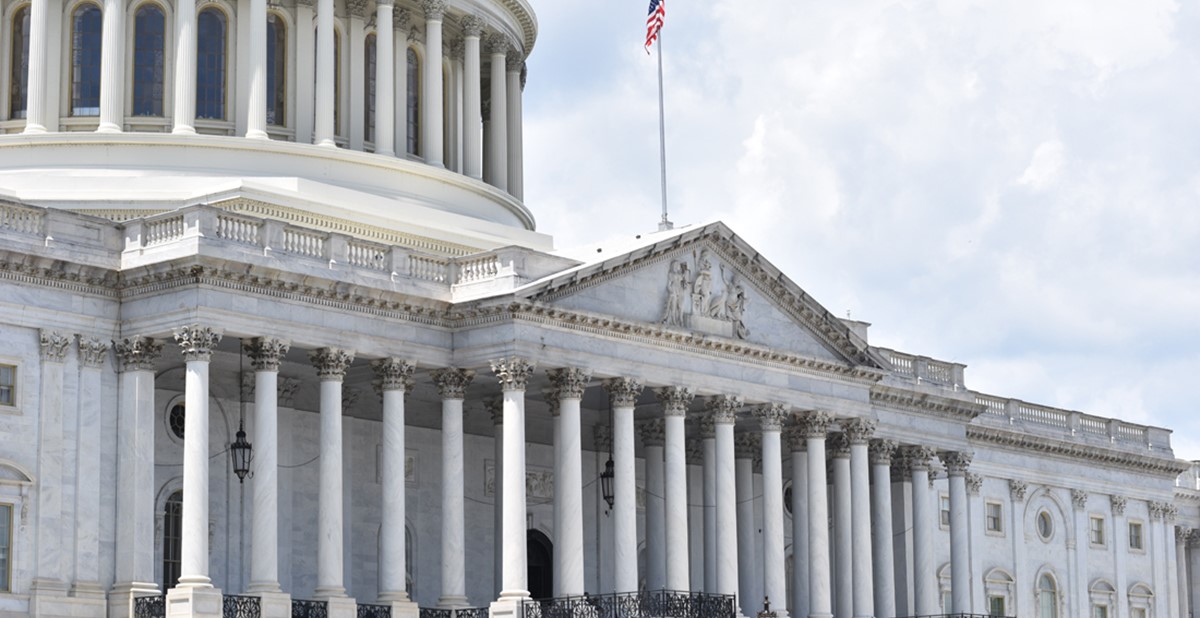Ocean Shipping Reform Advances In Congress; Changes Still Needed

The Ocean Shipping Reform Act of 2022 (S. 3580/H.R. 4996) has passed both chambers of the U.S. Congress. PPAI has joined with 90 companies and trade associations representing U.S. importers, exporters, transportation providers and other supply chain stakeholders to encourage swift negotiations to bring together the House and Senate versions of the bill.
"The international shipping landscape has shifted significantly in the 20-plus years since the last relevant legislation was passed," says Maurice Norris, PPAI public affairs manager. "OSRA 2022 provides long overdue and much-needed improvements to federal oversight of the shipping industry, which in turn gives relief to companies in our industry who have simultaneously encountered the worst services and highest prices in recent memory. The bill’s requirements for transport companies to itemize detention and demurrage charges, and ensure capacity when entering contracts, are huge developments that only begin to reflect the list of updates in this legislation."
Background:The Ocean Shipping Reform Act of 2022 (OSRA22), which implements common-sense reforms to address long-standing issues in the maritime shipping industry that have exacerbated supply chain disruptions, particularly during the pandemic, is now before a conference committee to reconcile the differences between the bills.
OSRA tackles significant issues facing cargo owners and other supply chain stakeholders. Among those highlighted by PPAI and its partners are:
- Port congestion has led to a significant increase in these fees for cargo owners and truckers. The Federal Maritime Commission has published its “Interpretive Rule on Detention and Demurrage” but as only guidance, it is not followed by ocean carriers or marine terminals. OSRA22 would formalize the rule and define the parameters for these charges.
- The reforms update key provisions of the Shipping Act, which hasn’t been updated in over two decades. Regulations must remain applicable to today’s market reality. With the creation of the carrier alliances, contraction of the number of carriers in the market, changes to chassis management and others, the time is right for reforms and for strengthening the role of the Federal Maritime Commission in regulating unfair business practices.
The Letter: The letter is addressed to the chairman and ranking member of the Senate Committee on Commerce, Science and Transportation, and the chairman and ranking member of the House Committee on Transportation and Infrastructure.
PPAI and its partners note, “While we know that the supply chain disruptions will continue through 2022 and perhaps into 2023, it is time to finalize the OSRA so that industry can begin to make the necessary changes to help address some of the unreasonable business practices the bill targets.”
The letter points to several provisions that need to be discussed and reconciled as part of a conference negotiation. They include:
- A requirement for ocean carriers to adhere to minimum service standards that meet the “public interest.”
- A certification requirement for a demurrage and detention charge.
- An explicit prohibition of carriers from declining export booking.
- A provision 1) prohibiting carriers from failing to furnish or 2) causing a contractor to fail to furnish the facilities and instrumentalities needed to perform the transportation services.
- A provision allowing third parties to intervene in FMC action against ocean carriers alleging anti competitive conduct.
“We again thank you for your strong leadership on this bill to address long standing maritime shipping issues. Promptly reaching a final OSRA bill, followed by swift final Congressional passage and the president’s signature, will help ensure U.S. competitiveness and continued economic recovery. We look forward to working with you on a final conference product.”

